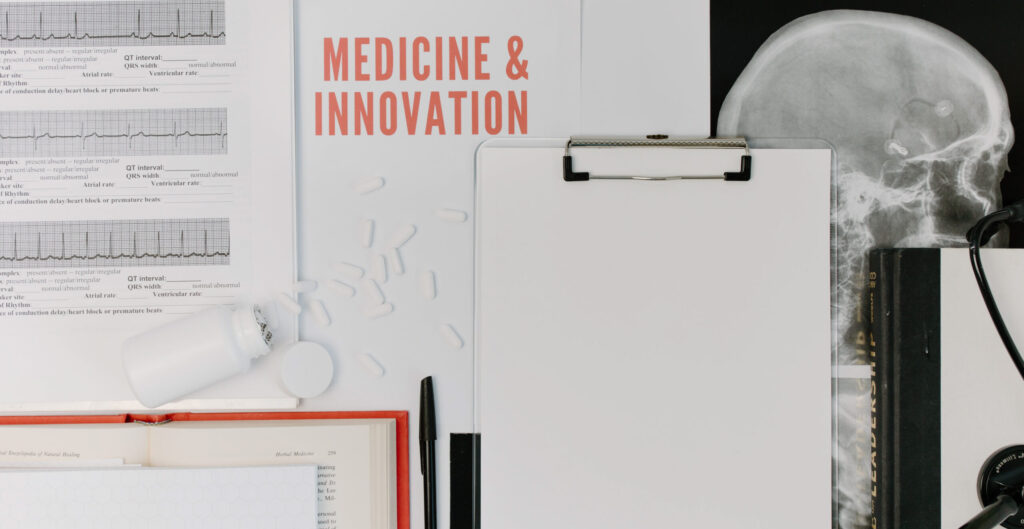bg
WHAT IS A CLINICAL TRIAL?

Medical research that involves human subjects is called a clinical trial. Their main purpose is to test the effectiveness, qualities and safety of the most novel drug molecules, some of which will become medicines and reach patients. Without clinical trials, the regulatory authorities cannot authorise the use of the drug in question, as the tests are the ultimate guarantee that the product will not harm patients.
Clinical trials operate with strict inclusion and exclusion criteria for candidates, follow strict safety protocols, monitor even the most insignificant adverse effects and use pre-established guidelines for responding to severe cases. The teams are led by chief investigators who are the best specialists in their respective medical field. All preliminary and ongoing examinations and investigations are carried out in medical centres or hospitals under the strict supervision of qualified medical staff. All results are recorded in patient records and if there is the slightest deviation from the benchmarks, the clinical study may be terminated or the individuals concerned may be excluded from future participation (for more information see our Patient Rights section).


PHASES OF CLINICAL TRIALS

Trials usually have four phases, each with its own relevance to medical science:
Phase 1
Small studies with a limited number of participants. The aim is to establish the safe dose of the drug, possible side effects, distribution and elimination from the body. Phase 1 clinical trials are usually carried out in specialised centres and medical facilities as they require close monitoring of all processes and participants.
Phase 2
The trial drug is administered to a larger group of people and its effect is tested by comparison with a placebo (a drug without an active substance) or another known and administered therapy. Patients are randomly allocated to groups, so these studies are called randomised trials. The aim is to assess the effectiveness of the therapy and to further monitor side effects.
Phase 3
The new therapy is compared with the best currently available standard treatment. They usually involve many more participants than Phase 1 and Phase 2 trials, often from different clinical centres and even countries. Their selection is again on a random basis, so they are randomised.
Phase 4
Post-marketing studies, which are conducted once the drug has been proven effective and approved for use by regulatory authorities. Long-term benefits and risks are assessed and additional information on side effects is collected. The advantage of Phase 4 studies is that they assess the behaviour of a medicine in real life.
Excelsior Medical Center carries out clinical trials from all phases.
